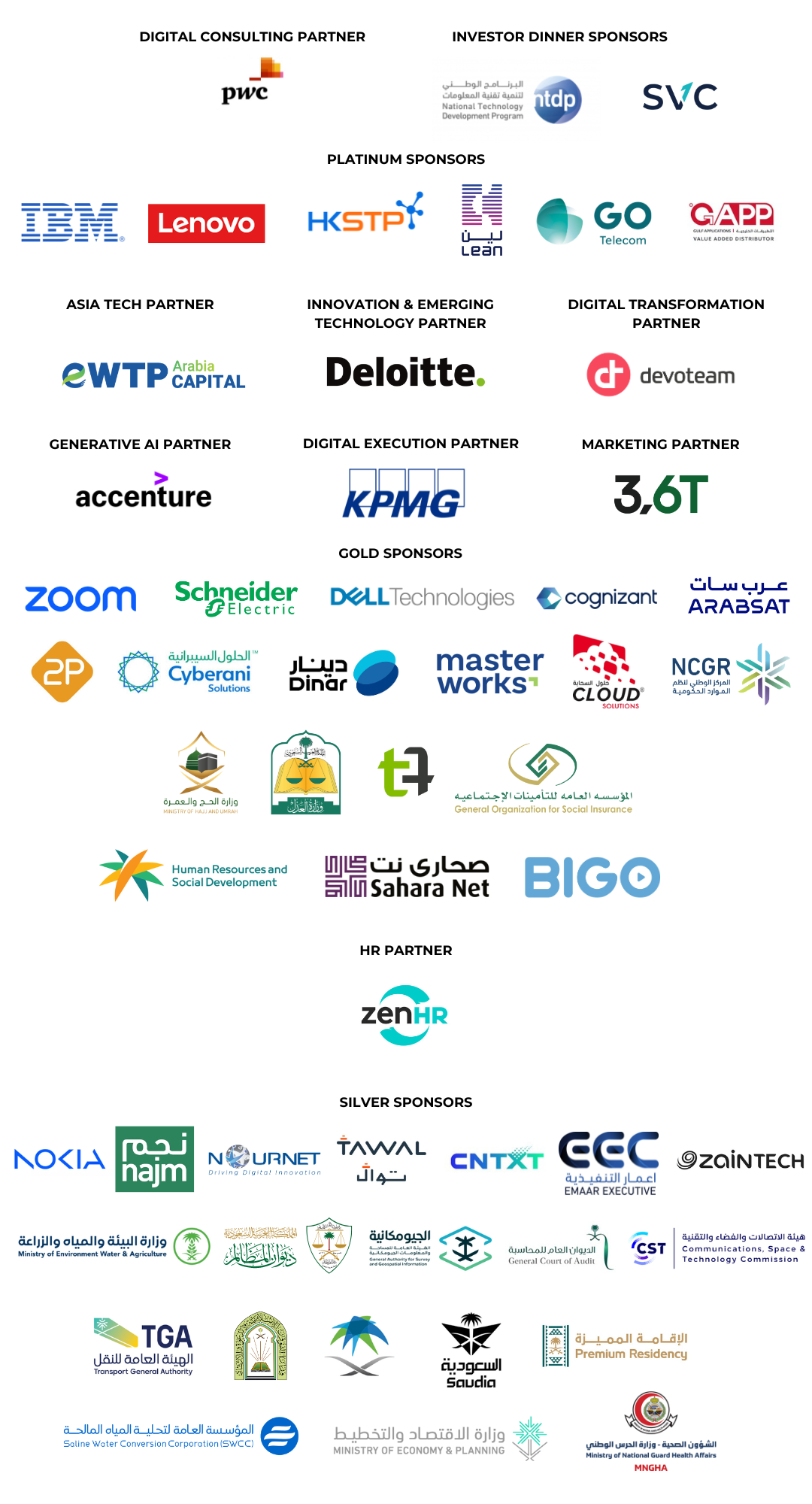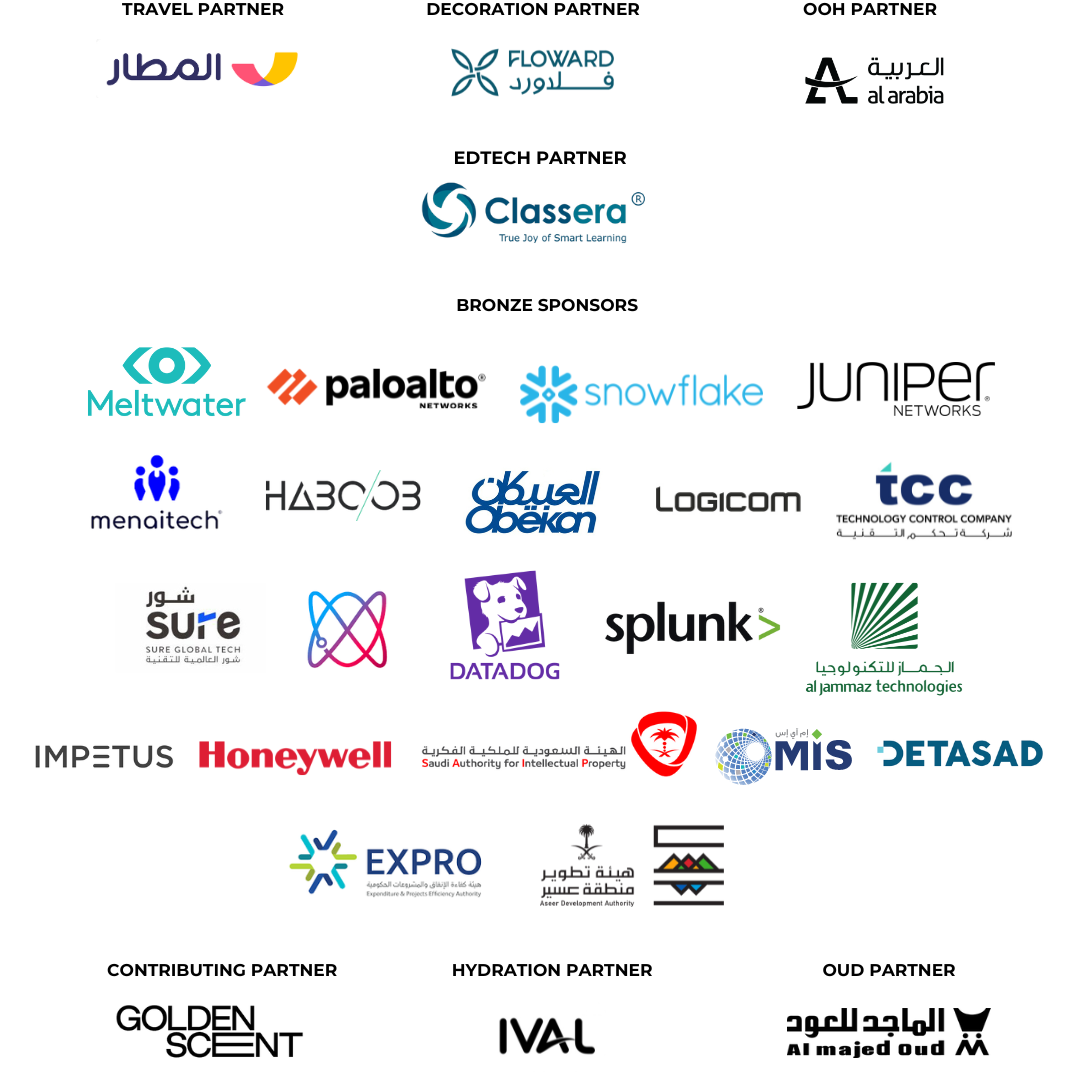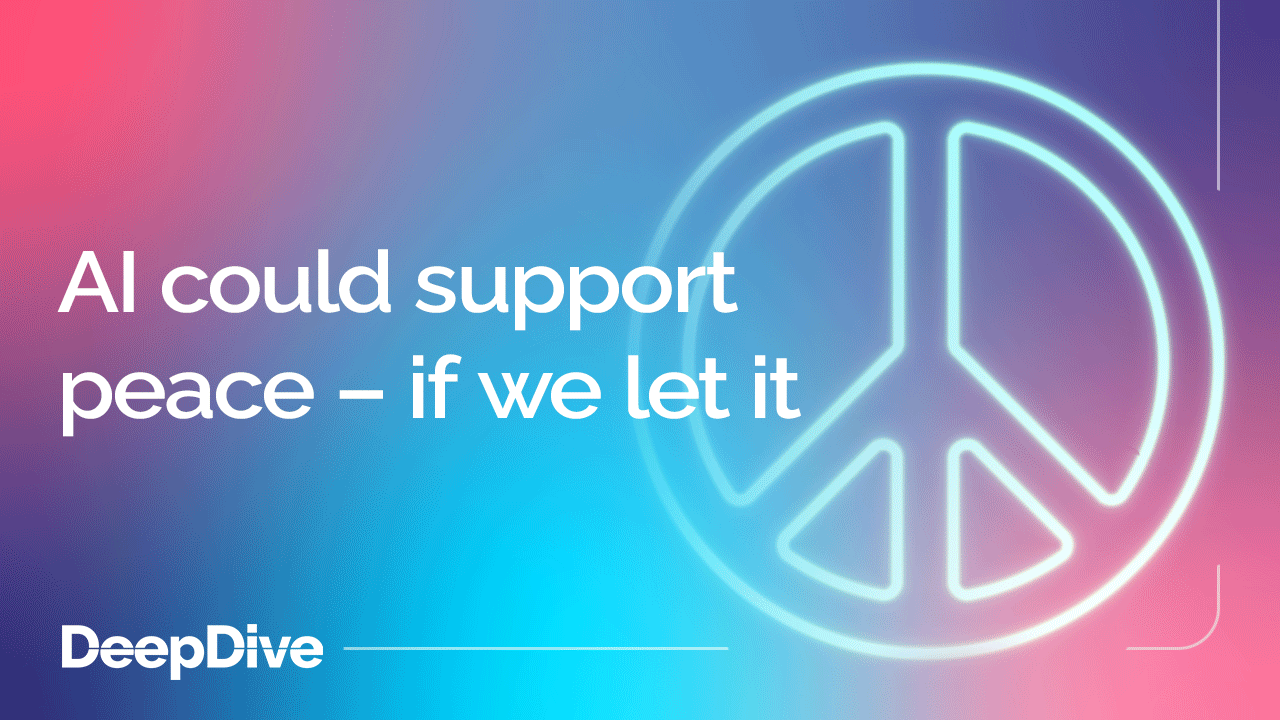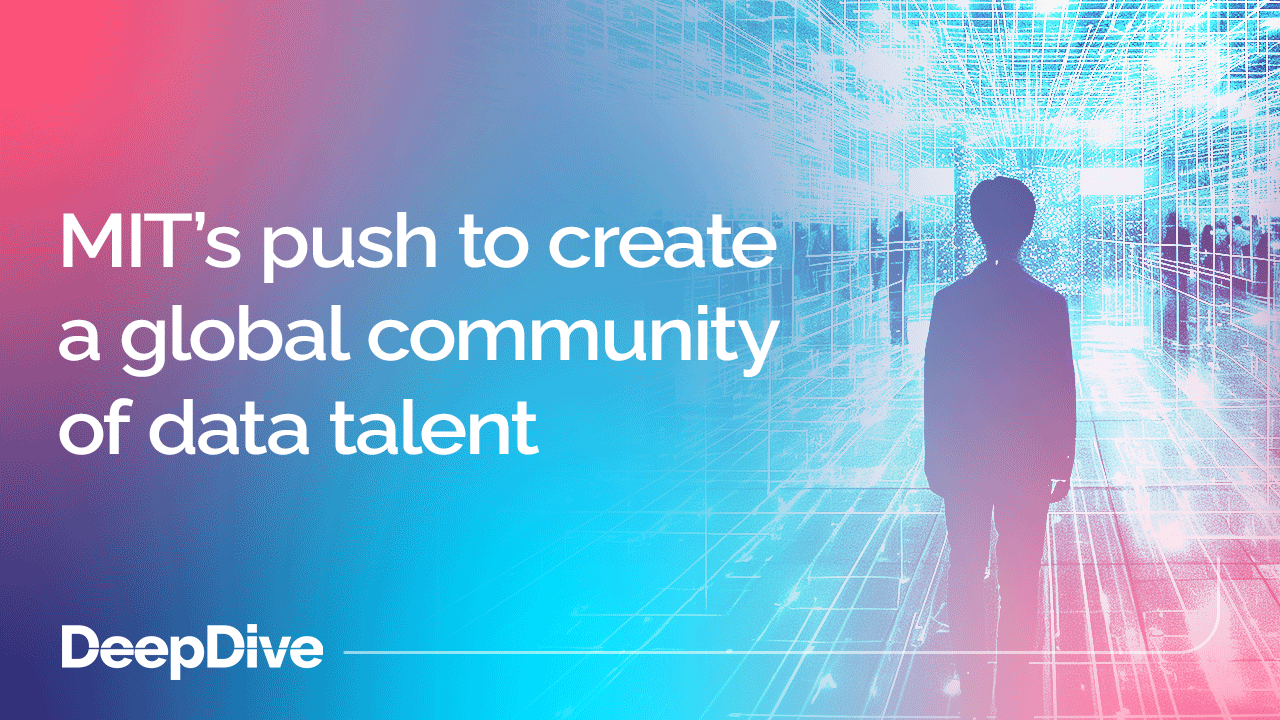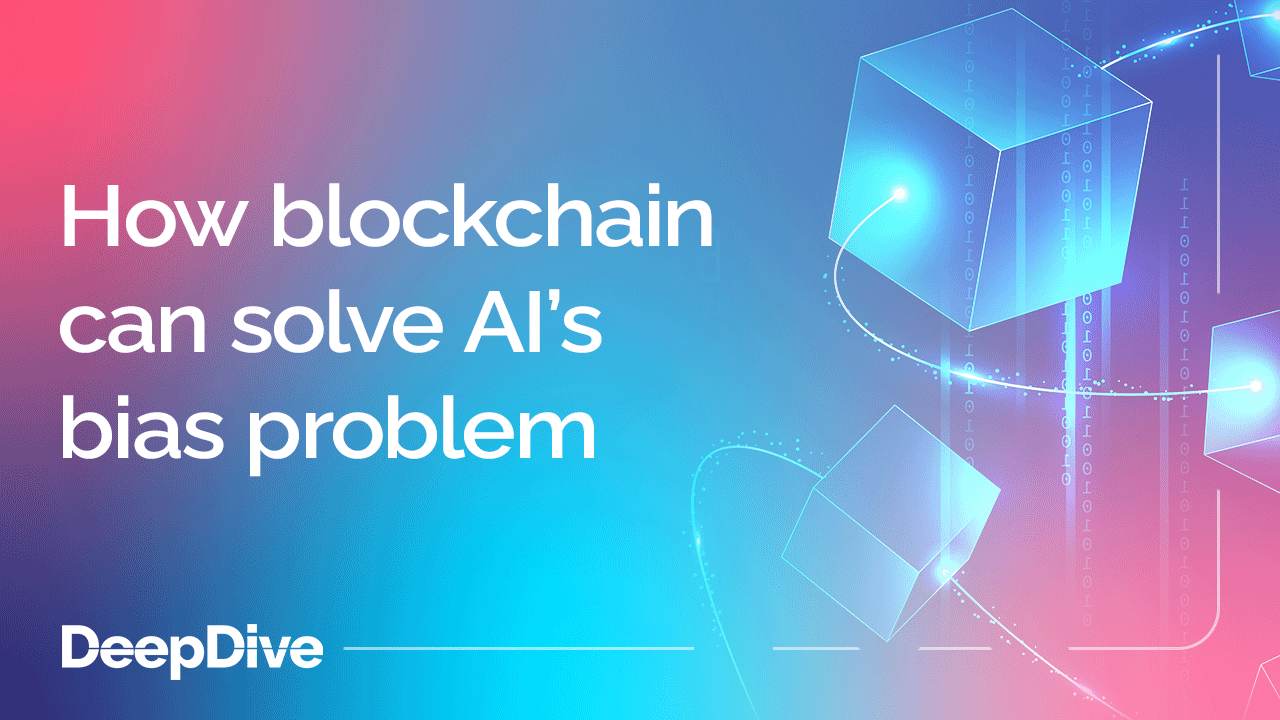

Is AI humanity’s answer to immortality?
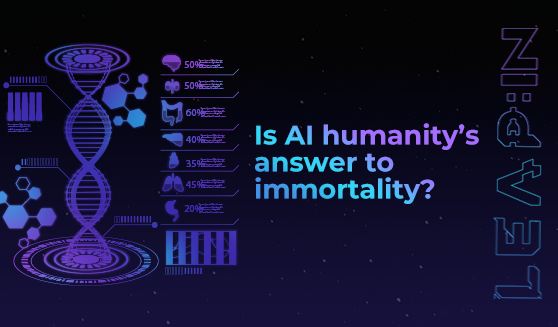
Welcome to the 1,611 new techies who have joined us since last Friday. If you haven’t already, subscribe and join our community in receiving weekly tech insights, updates, and interviews with industry experts straight to your inbox.
This week we’re quoting Noah Davidsohn (Chief Scientific Officer and Co-founder at Rejuvenate Bio)
What Davidsohn said:
“I was particularly drawn to epigenetics for its potential to create a significant impact on the entire status of the cell, aiming to reset cells to a younger state.”
Epigenetics holds real potential to transform human health
We want to start with a note about the serious, transformative potential of the work of Davidsohn, and others in his field. Research and real-life trials show that epigenetics and the manipulation of gene expression really can lower our biological age – and treat illness and disease.
And we don’t want to diminish that at all. The positive impact on human health if genetic technologies become more accessible could be world-changing.
But Davidsohn’s words also inspired a more light-hearted train of thought: what other technological ideas, especially the imagined-but-not-actually-possible, have grown from people’s yearning for youth, health, or immortality?
‘And He Not Busy Being Born…’
In the 1986 short story by Brian Stableford, And He Not Busy Being Born, cryonic freezing was used to extend life until some time in the future when immortality would become available – so the frozen could be unfrozen, and live forever.
And it’s far from the only piece of fiction in which cryonics and other forms of suspended animation are used to preserve life into the future:
This happens in everything from sci-fi classic 2001: A Space Odyssey to Alien and Planet of the Apes.
While it’s not currently possible to freeze a person indefinitely and then bring them back to life to live an immortal life later on, cryogenics is used in medicine – both to treat conditions using cool temperatures, and to cryopreserve and transplant some organs for surgery.
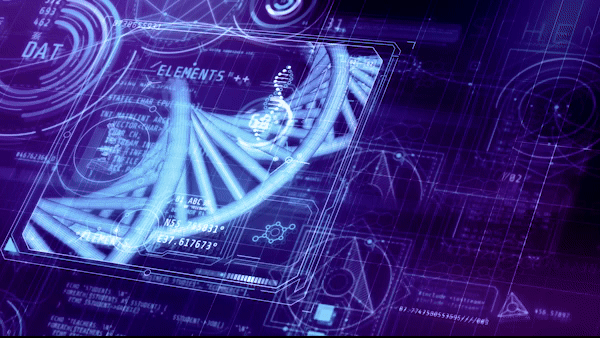
Scattered attempts in House of Suns
In House of Suns, a grand opera of a novel by Alastair Reynolds, the author explores a scattered array of methods to achieve immortality, including:
- Uploading consciousness into a mathematical architecture that can expand and replicate, growing into a swarm as big as the galaxy.
- Altering genetics so the human body never stops growing – so the characters (archivists, in this case) can collect all the knowledge that exists.
- Cloning people into thousands of copies to send them off on journeys around the galaxy.
Is AI humanity’s answer to immortality?
In the 2014 movie Transcendence a group of scientists race to develop a quantum-AI technology that ends up being used for a purpose it was not intended for: to upload a person’s consciousness into the quantum computer so that he can, in effect, live forever.
And while we’re not there yet, this no longer feels like a totally impossible idea.
In Online Afterlives: Immortality, Memory and Grief in Digital Culture, Davide Sisto (Philosopher with a special focus on thanatechnology) explores how digital tech and the constant sharing of words, images, and video online is changing our relationship with death and people who are no longer with us:
“Thanks to these digital ghosts, we can easily mingle with communicable traces of the dead while at the same time this very interaction makes it difficult for us, the living, to distinguish communication at a distance from communication with the dead.”
And AI has the potential to take our ability to interact with lost loved ones even further – as well as increasing our potential to develop technologies that can prevent aging altogether.
Delve deeper into ideas like this (and more) with DeepFest’s weekly newsletter – it’s the perfect accompaniment to your weekly LEAP read if you’re interested in AI and its potential to change the world.

Have an idea for a topic you'd like us to cover? We're eager to hear it! Drop us a message and share your thoughts.
Catch you next week,
Richard McKeon
Group Marketing Director
P.S. - Mark your calendars for LEAP 2024 📅 4-7 March 2024. Want to be a part of the action?

